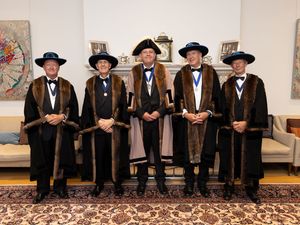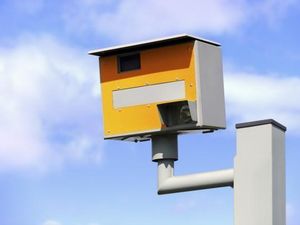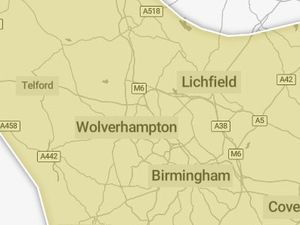Alan Turing Building at University of Wolverhampton officially launched
A university building which has been renamed in honour of wartime code-breaker Alan Turing has been officially launched.
A special event to celebrate the Alan Turing Building and launch the University of Wolverhampton's new computing courses was held on Wednesday.
It featured a keynote speech by University Professor of Computer Science, Bob Newman, whose father Ted Newman was a computer engineer who worked on Turing’s Automatic Computing Engine – one of the world’s first electronic computers - at the National Physical Laboratory in Teddington.
The university is offering new courses in areas such as cloud computing, cybersecurity and business intelligence are designed to meet the demands of industry and enhance students’ employability.
Professor Nazira Karodia, Dean of the Faculty of Science and Engineering, said: “This iconic building is home to our computing and mathematics courses, and we are delighted to recognise Alan Turing’s outstanding contribution to these subjects.
“Our new course content has been developed in line with the latest trends, resulting in courses that build upon our 50 years of computing experience and offer our graduates the highest levels of employability.
“We are also investing a significant amount in our learning and teaching facilities and resources, including extended software laboratory for games development and networks, security and forensics labs.”
Alan Turing was a mathematician and a leading code-breaker during World War 2, famous for cracking the Enigma code.
His pre-war work laid down the theoretical plan for a programmable computer, and after the war he was closely involved in the design and programming of the world’s earliest computing machines.
Turing was prosecuted in 1952 for homosexual acts, when "gross indecency" was still criminal in the UK. Turing died in 1954, 16 days before his 42nd birthday, from cyanide poisoning.
In 2009, following an internet campaign, British Prime Minister Gordon Brown made an official public apology on behalf of the British government for "the appalling way he was treated”. The Queen granted him a posthumous pardon in 2013.





